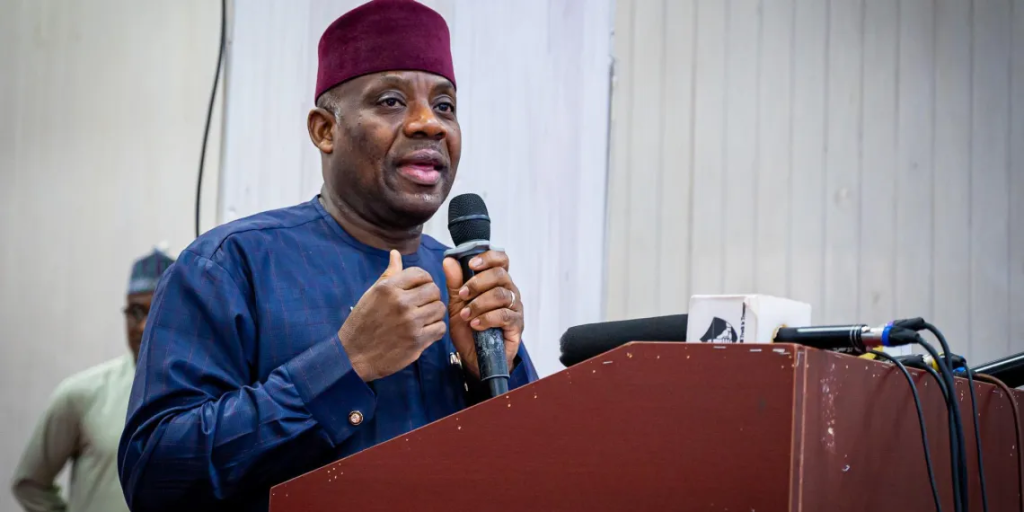
The Minister of Education, Tunji Alausa
The Nigerian government has unveiled a new school curriculum designed to equip students with practical, future-ready skills and reduce the gap between education and employability.
Under the framework, Junior Secondary School (JSS 1) students will now be required to take at least one trade subject, with options spanning solar photovoltaic installation and maintenance, fashion design, livestock farming, beauty and cosmetology, computer hardware and GSM repairs, and horticulture and crop production.
The new curriculum was launched on Monday at the 2025 International Conference of the African Curriculum Association, hosted by the Nigerian Educational Research and Development Council (NERDC).
Education Minister Tunji Alausa, represented by the Minister of State for Education, Suwaiba Ahmad, described the reform as “future-ready”, noting that it aligns with the skills demand of the 21st century.
According to him, the curriculum review for the basic education level has been completed, while that of the senior secondary level is near conclusion.
He said the changes are built on a competency- and outcome-based approach, incorporating new areas such as digital literacy, robotics, artificial intelligence, and values-driven citizenship education.
“One thing we want to achieve in the curriculum reform process is to ensure content learnability and coverage, thereby improving learning outcomes across all subjects,” Mr Alausa said.
The review was conducted collaboratively by the NERDC, UBEC, NSSEC, NBTE, and other key education stakeholders. A statement from the Ministry of Education spokesperson, Folasade Boriowo, said the reform is designed to balance academic content with hands-on skills development, helping learners build competencies that are transferable across industries.